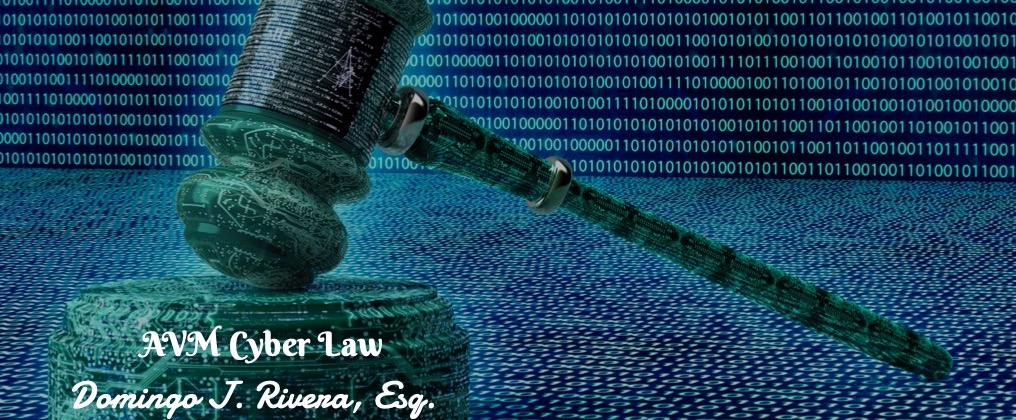Cease and Desist Letters: Balancing the Punishment for Bad Faith Against the Punishment for Bad Letters
Sat, Jun 14, 2008
Read in 3 minutes
If you receive a cease and desist letter from us, you can be sure that we will advice our client to seek additional remedies if the matter cannot be adequately resolved. The letter may concern copyright infringement, trademark infringement, defamation, or other Internet legal matters.

There is no doubt that cease and desist letters serve a very important purpose in the litigation process, particularly in legal matters related to the Internet. Many causes of action have bad faith as either an essential element or a factor that increases damages. A party’s refusal to correct its acts after receiving a legitimate cease and desist notice can be interpreted as a sign of bad faith. Although a recipient of a cease and desist notice has every right to decline pre-litigation requests without adverse consequences, he must do so in good faith. Good faith means a reasonable belief of having the right to engage in the challenged behavior. However, this “good faith belief” will not be interpreted broadly. See, for example, Northern Light Tech., Inc. v. Northern Lights Club, 236 F.3d 57, 65 (1st Cir.2001) (approving district court’s use of defendant’s disregard of legitimate cease and desist letters as evidence of bad faith).
The question then becomes whether the recipient of the cease and desist letter. The answer involves an inquiry into the recipient’s state of mind. In many cases there is no direct evidence of bad faith, however, the court may infer bad faith from the surrounding circumstances. Therefore, if you receive a legitimate cease and desist letter from an attorney you should either cease the challenged behavior, or seek the immediate help of a competent attorney for candid advice as to whether your behavior violates the law. You should select an attorney who is familiar with the area of law that is at issue.
If you receive a cease and desist letter from us, you can be sure that we will advice our client to seek additional remedies if the matter cannot be adequately resolved. The letter may concern copyright infringement, trademark infringement, defamation, or other Internet legal matters. Ignoring the letter is usually a bad bet, as the court may see it as a sign of bad faith. The defense side of a courtroom is not a pleasant place to be.
However, we understand that some attorneys venture into sending letters that make no legal sense. I have previously commented about cease and desist letters and how ineffective they can sometimes be. Some of these letters are so far-fetched, unrealistic, and unprofessional that many do not take them seriously. Hence, the Third Circuit Court’s decision on Green v. Fornario, 486 F.3d 100 (3rd Cir. 2007).
In Fornario, the plaintiff sent a cease and desist letter that included a threat from the attorney to refer the “conduct to the appropriate criminal authorities. The small problem: this was a trademark dispute and the Lanham Act is a purely civil statute. The big problem: lawyers should take threatening criminal prosecution very seriously. In many States, a lawyer cannot threaten criminal prosecution for the purpose of gaining an advantage in a civil case.
The Fornario court refused to find that the defendant’s refusal to cease the allegedly infringing behavior was in bad faith. Whether the court would have reached a different decision if the cease desist letter from the attorney been of better quality and without idle threats of criminal prosecution is anybody’s guess. In Northern Light Tech. the court viewed the defendant’s disregard of legitimate cease and desist letters as evidence of bad faith. To reconcile the decisions probably requires an understanding of the difference between bad faith and bad cease and desist letters.